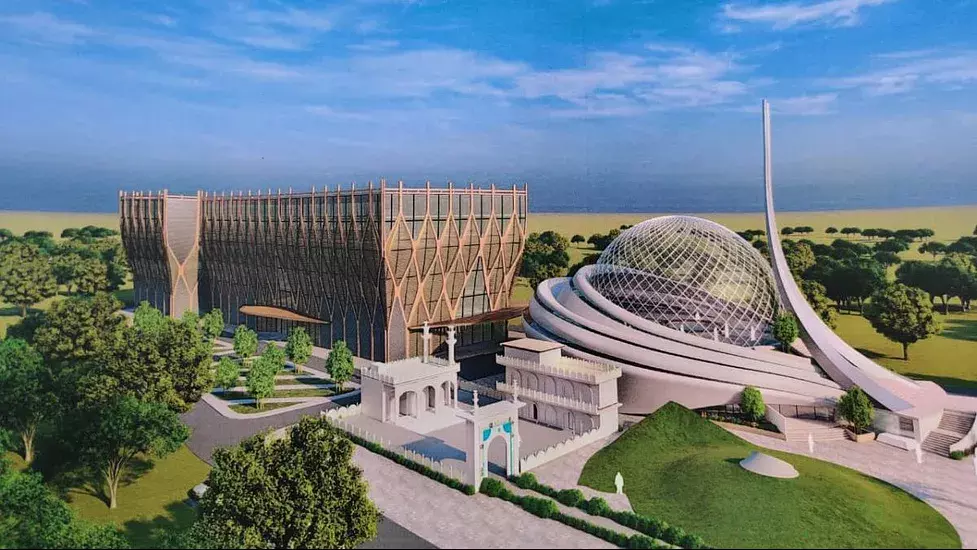Supreme Court Dismisses Plea Challenging Trust Formed To Build New Masjid At Ayodhya After Babri Judgment
Shruti Kakkar
20 May 2022 7:48 PM IST

Next Story
20 May 2022 7:48 PM IST
The Supreme Court on Friday dismissed a Special Leave Petition seeking to quash the Constitution of Indo Islamic Cultural Foundation Trust ("Trust") which was formed by Uttar Pradesh Sunni Central Waqf Board ("Board") for construction of mosque over the 5 acres land which was allotted by the State of UP to the Board pursuant to the Ayodhya judgment. The SLP, which assailed Allahabad...
